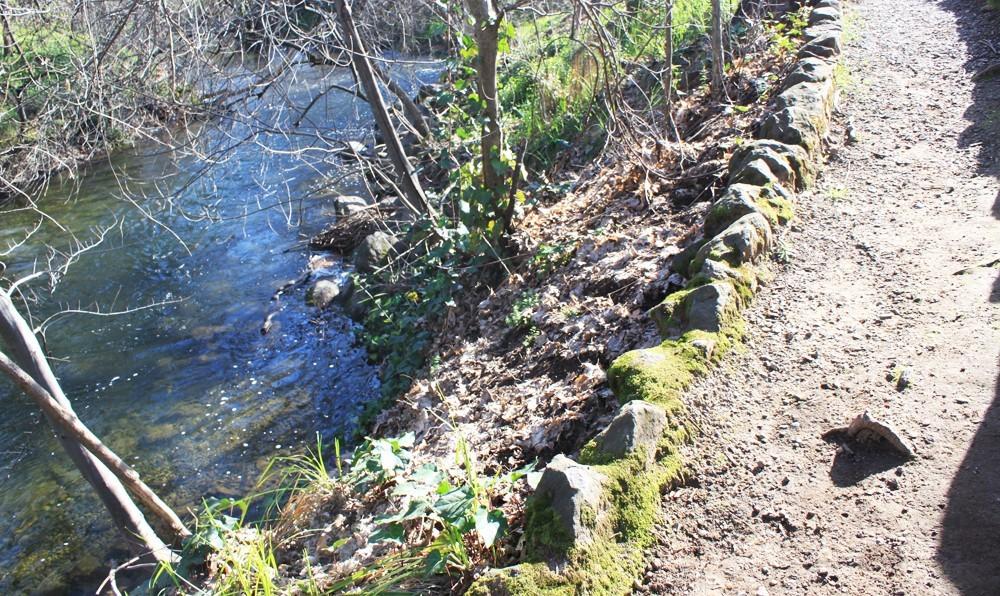
Gov. Jerry Brown issued an executive order on April 1 requiring a statewide reduction in water use of 25 percent compared with 2013 levels.
It will be up to the state water agencies to determine how the governor’s directive will be accomplished.
Following Brown’s executive order, some were critical of the fact that it did not impose restrictions on farmers. Brown has defended this, saying that agriculture’s water use is not frivolous and plays a critical role in food production in the country.
“Civilian use of water definitely makes an impact on the drought but should not be our state’s focus,” said Kristin Rounds, a political science major. “This legislation seems arbitrary to me when the problem is obviously stemming form agricultural use. Ground-pumping water for our farms is the real cause of the severity of the drought.”
The worsening drought has been spurring actions across the board meant to conserve water. A law passed in 2004 requires that water consumption be measured with the use of meters required to be installed by 2025. Locally, the California Water Service Company, known as Cal Water, has already completed the project.
Cal Water installed 10,930 meters, converting all flat-rate water accounts in Chico and Hamilton City to metered accounts last year. Cal Water serves about 97,300 people through 28,100 service connections.
The new metered system could make Chico residence water bills go either up or down. Last May, Cal Water identified a long-term savings program that targeted 91 gallons per day per household in Chico because of metering.
“We believe that customers can better monitor their water usage and control their bills when they have meters, and we have already seen a decrease in water use due to the conversions,” said Pete Bonacich, Chico’s acting district manager, via a Cal Water news release. “Between the savings from the metering and our robust conservation programs, we are prepared to comply with state requirements.”
Chico State has made many efforts to fight against the drought. One of the largest uses of water on campus is used for irrigation. The university began several water conservation projects in 2008. Some of these include planting native and drought-resistant plant species around campus as well as spreading awareness of climate conditions in order to minimize water use.
A new central control system is responsible for 60 percent of the irrigation on campus. These controllers have provided immediate information about any leaks as well as receive all of the necessary data that is used to determine each days water use. Censors on the system control the sprinklers and have the ability to shut them off when it is raining.
Several buildings on campus feature water-saving fixtures that harvest and treat rainwater as well as low-flow irrigation systems. Many faucets, shower heads and toilets on campus now feature low-flow pressure.
This year there have been several measures taken by Chico State to prevent water waste. Building exteriors were not pressure-washed last summer as has routinely been done in the past. Washing the outside of campus windows has also been suspended.
Elaine Knudsen can be reached at [email protected] or @theorion_news on Twitter.








